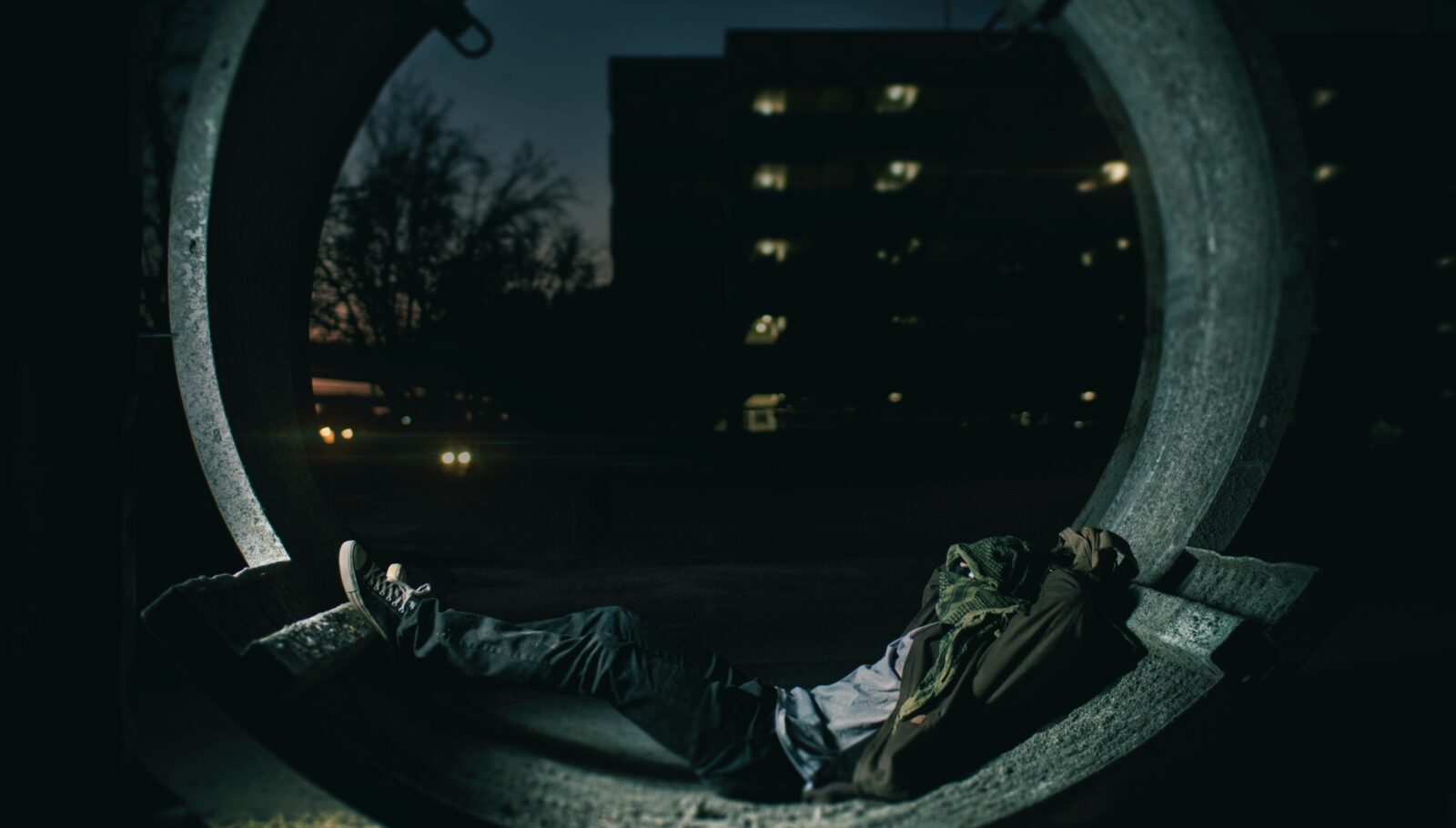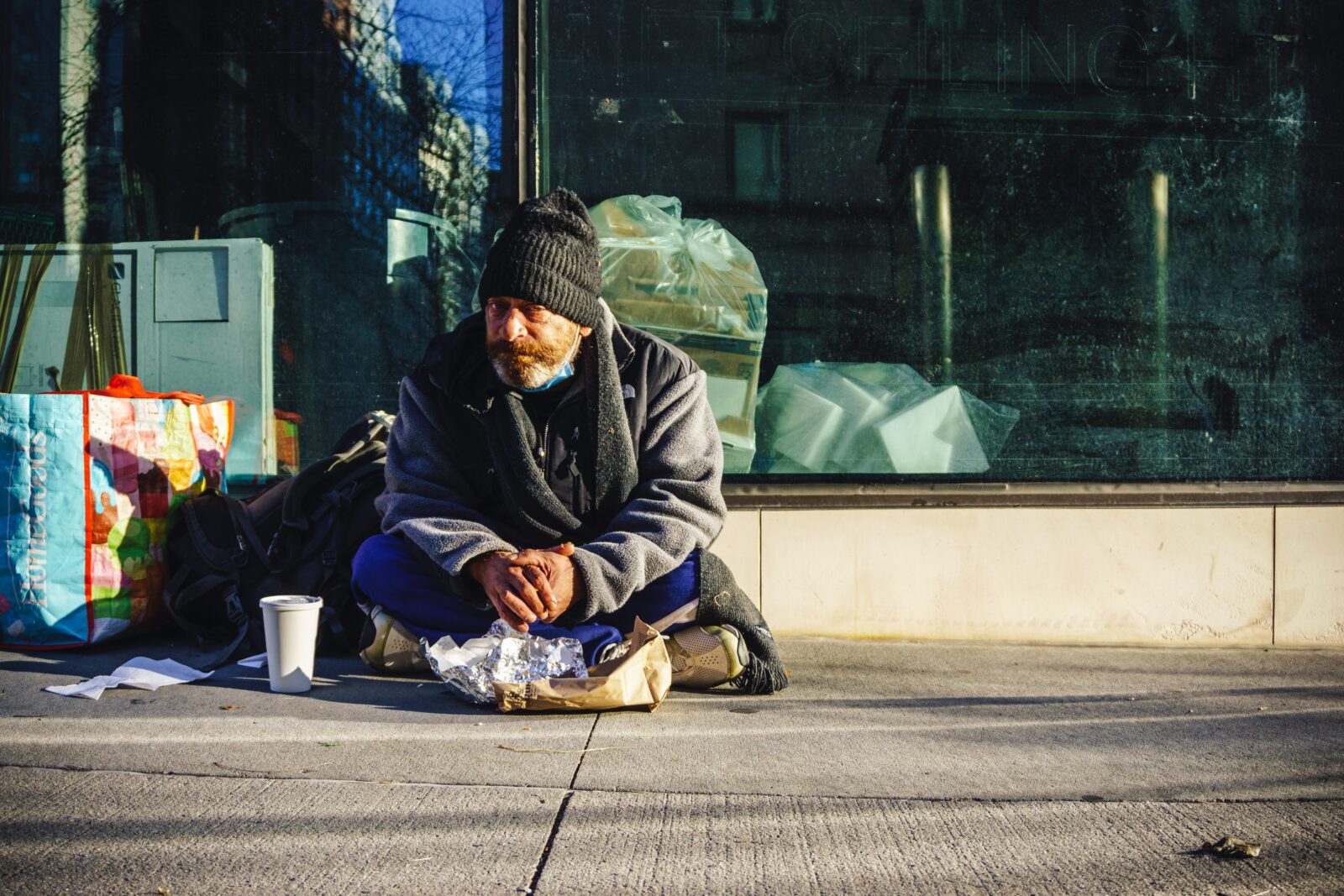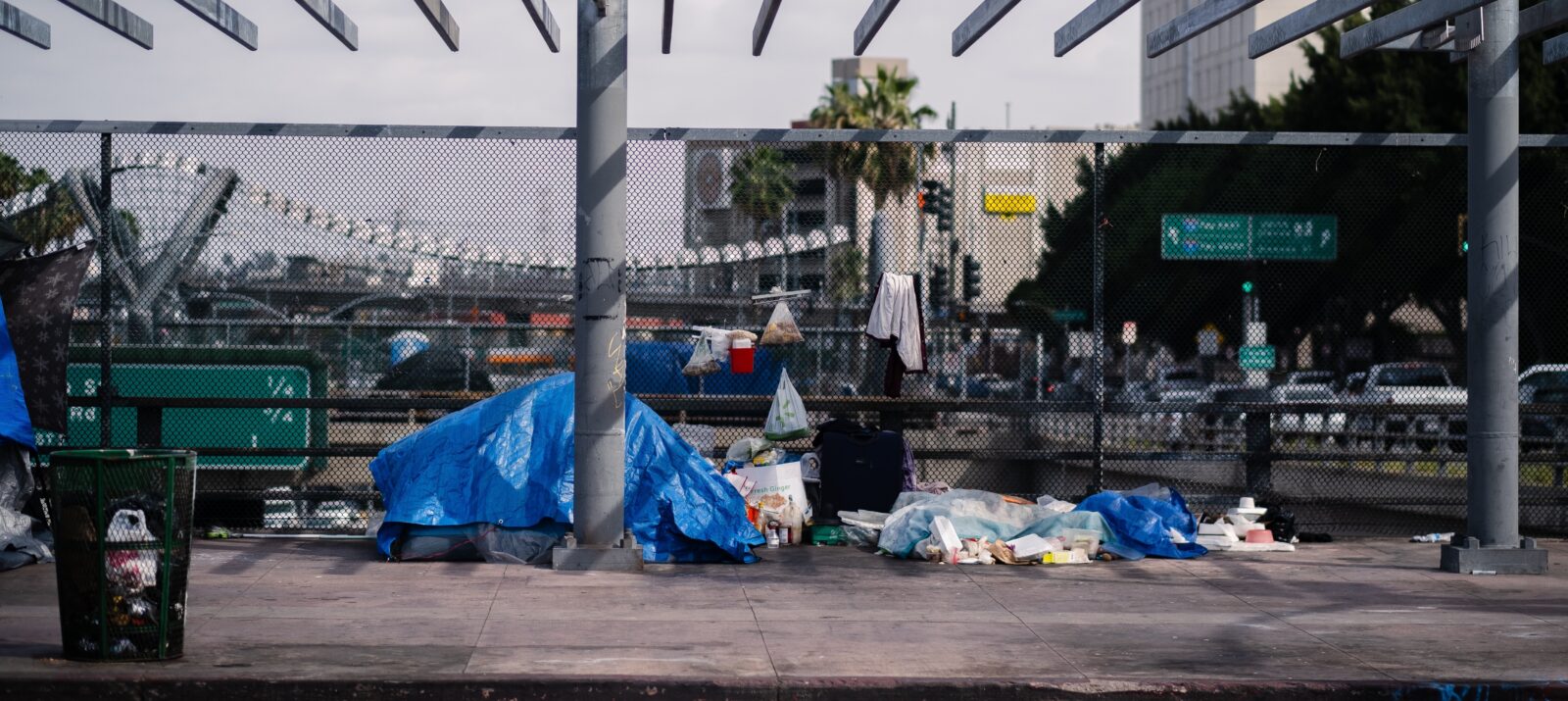


Homeless Camp Reality

Surviving the frost: One homeless man plants seeds of hope

Obama Promised to End Homelessness This Year

Humans Behind the 8 Ball

Broken and Trying

How Much Do You Know About Homelessness?

Assessing Alternatives to Homelessness

Examining the Scholarly Record
The academic journal literature on homelessness is vast, but during the past decade oversimplification has ruled. The Obama administration made “Housing First!” the official U.S. policy, with homeless people to be given their own apartments. Programs that emphasized “Clean and Sober first” became ineligible for federal aid, and mental health issues became secondary. Typical academic analyses of homelessness found — surprise! — that “Housing First!” is great. A lot of scholarly research up to 2009, though, revealed homelessness complexities. Here are four examples: Key insights:Homeless adults who are alcoholics have “unusually high levels of mental health symptomatology…. Adults with alcohol problems are so debilitated that they readily become homeless (as compared to being domiciled under very trying circumstances) when also Read More ›
